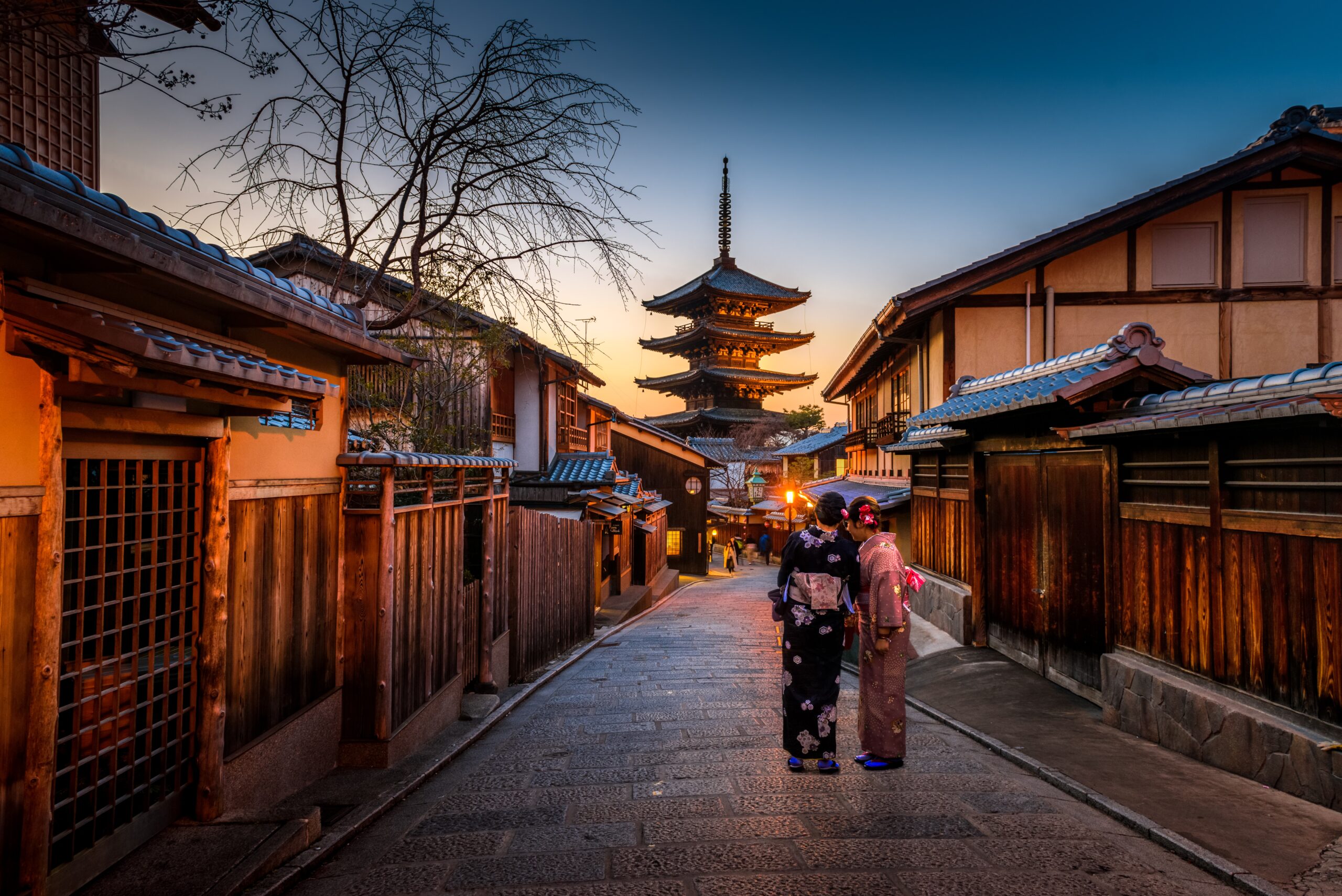Traveling to Japan: A Beginner’s Guide
Recently updated on January 17, 2025
Total words: 824

Traveling to Japan can be an exciting and unforgettable experience. From the bustling cities to the serene countryside, Japan has something for everyone. However, for those who have never traveled to Japan before, it can be overwhelming to know where to start. In this beginner’s guide, we’ll cover some of the basics of traveling to Japan.
- Visa and Entry Requirements Before traveling to Japan, it is important to check if you need a visa. Citizens of certain countries, such as the United States, Canada, and many European countries, do not need a visa for stays of up to 90 days. However, it is important to check the specific entry requirements for your country of citizenship. Additionally, all travelers to Japan must have a valid passport.
- Language While English is spoken in some areas of Japan, particularly in larger cities, it is not a widely spoken language. It is important to learn some basic Japanese phrases before traveling to Japan, such as “hello” (konnichiwa), “thank you” (arigatou gozaimasu), and “excuse me” (sumimasen). Learning these basic phrases can help make your travels smoother and show respect for the local culture.
- Transportation Japan has a world-renowned transportation system, including trains, subways, and buses. The Shinkansen, or bullet train, is a popular and efficient way to travel between cities, but it can be expensive. However, local trains and buses are also available and can be more affordable. It is recommended to purchase a Japan Rail Pass if planning to travel extensively by train, as it can save money in the long run.
- Accommodation There are many options for accommodation in Japan, including hotels, hostels, and traditional ryokans. Ryokans are Japanese-style inns that often include meals and traditional Japanese experiences, such as onsen (hot springs) and tatami mat rooms. It is important to book accommodation in advance, particularly during peak travel times such as cherry blossom season and Golden Week (late April to early May).
- Food Japanese cuisine is world-renowned for its fresh and flavorful dishes, including sushi, ramen, and tempura. While some may be hesitant to try new foods, it is important to step outside of your comfort zone and try local specialties. Many restaurants in Japan specialize in one type of dish, such as sushi or udon, so it is recommended to research and plan ahead to ensure you get the most out of your culinary experiences.
In conclusion, traveling to Japan can be an exciting and unforgettable experience. However, it is important to research and plan ahead to ensure a smooth and enjoyable trip. Checking visa and entry requirements, learning some basic Japanese phrases, utilizing the transportation system, booking accommodation in advance, and trying local cuisine are all important aspects of traveling to Japan. With careful planning and an open mind, a trip to Japan can be an unforgettable adventure.
1. What are the must-visit places in Japan for first-time travelers?
For first-time travelers to Japan, some must-visit places include Tokyo, Kyoto, Osaka, Hiroshima, and Nara. Tokyo offers a mix of traditional and modern attractions, while Kyoto is known for its temples and gardens. Osaka is famous for its food scene, Hiroshima for its historic significance, and Nara for its deer park and ancient temples.
2. What is the best time of year to visit Japan?
The best time to visit Japan is during the spring (March to May) and autumn (September to November) seasons. Spring is when cherry blossoms bloom, creating a picturesque landscape, while autumn offers stunning foliage colors. Avoid the summer months due to high humidity and typhoon season.
3. What are some cultural etiquettes to keep in mind while traveling in Japan?
When traveling in Japan, it’s important to respect the local customs. Some cultural etiquettes to remember include bowing as a form of greeting, taking off your shoes when entering homes or certain establishments, and not tipping at restaurants. Additionally, be mindful of noise levels in public spaces and avoid talking loudly on public transportation.
4. How can I navigate Japan’s public transportation system as a foreign traveler?
Japan has an efficient and extensive public transportation system, including trains, subways, and buses. As a foreign traveler, consider purchasing a Japan Rail Pass for unlimited travel on JR trains. Use Google Maps or Hyperdia for route planning, and familiarize yourself with common train etiquette like letting passengers off before boarding.
5. What are some traditional Japanese dishes to try while visiting Japan?
While in Japan, be sure to try traditional dishes like sushi, sashimi, ramen, tempura, and okonomiyaki. Don’t miss out on experiencing a traditional tea ceremony or sampling matcha green tea. Explore local markets and eateries to discover regional specialties like takoyaki in Osaka or Hiroshima-style okonomiyaki.